The age-old Nintendo-exclusive franchise, Metroid, has, so far, launched a total of 17 action-packed Metroidvania games and is one of the most popular video game series among fans. From side-scrolling platformers to squishing enemies in first-person perspective, the series offers very distinct, worthwhile experiences.
In every Metroid game, you get to suit up as the courageous bounty hunter Samus Aran, who is invested in eliminating threats like Space Pirates to prevent their notorious and destructive intentions. Each of these titles is tied to subtly different lore elements, encouraging fans to play the series chronologically.
While exploring the series according to the release dates is an excellent choice, you may want to take the story-centric approach for a satisfying experience.
For those looking to revisit the Metroid series from the beginning or venture into the dangerous galactic space for the first time, we have mentioned all the Metroid games in order of their release dates and story chronology.
Here are all the Metroid games in order of their release dates.
Metroid games release order
Metroid (Classic main entry)
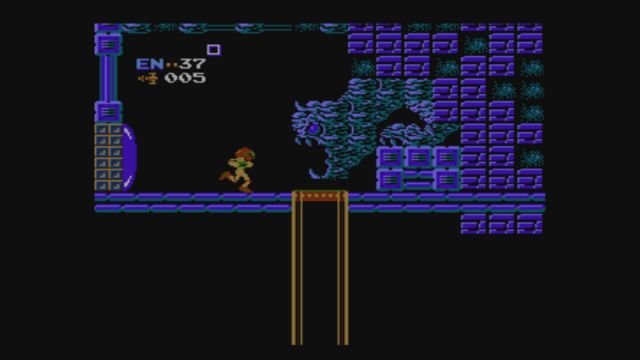
Release date: Aug. 15, 1987 (North America)
Platform: Nintendo Entertainment System (NES)
Developer: Nintendo, Intelligent Systems
The original Metroid was launched in the 1980s, introducing fans to the addictive Metroidvania sub-genre for the first time. Being the oldest in the family, the game will not feel as good graphics-wise as some of the newest Metroid titles, but die-hard fans still remember it as the iconic point from where the series and the popular sub-genre kicked off.
Metroid II: Return of Samus (Classic main entry)
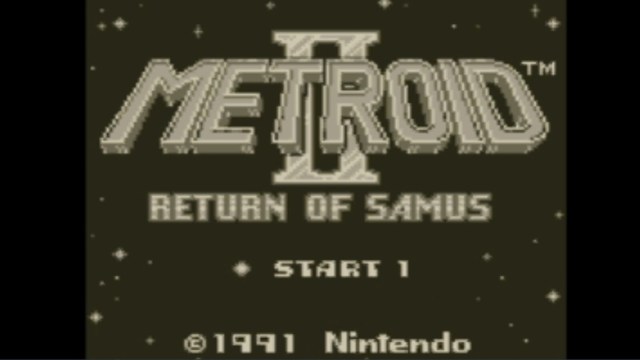
Release date: Nov. 5, 1991
Platform: Game Boy
Developer: Nintendo
A sequel to the 1986 game, Return of Samus is a delightful 2D platformer experience, featuring Samus, who is determined to eradicate all instances of Metroids before the rogue Space Pirates find the dangerous substances.
Super Metroid (Classic main entry)
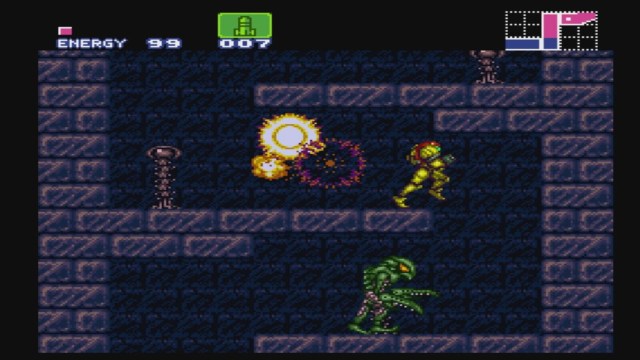
Release date: April 18, 1994 (North America)
Platform: Nintendo Entertainment System (NES)
Developer: Nintendo, Intelligent Systems
Another classic in the series, Super Metroid is a game worth remembering due to its emotional storyline and its vast, exploration-worthy map. It was launched on the Super Nintendo Entertainment System almost three decades ago but remains one of the best Metroid games of all time.
Metroid Fusion (Classic main entry)
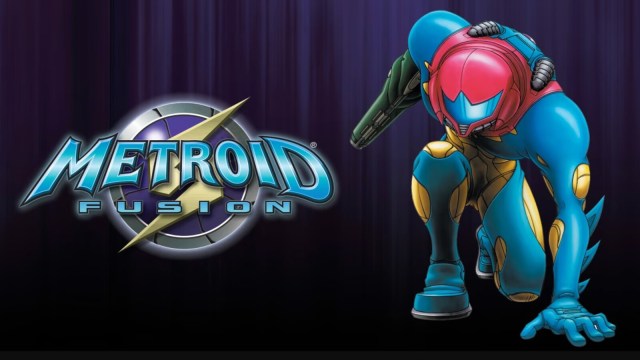
Release date: Nov. 18, 2002 (North America)
Platform: Game Boy Advance
Developer: Nintendo
The fourth game in the classic Metroid collection, Fusion brought an interesting twist to the lore, with Samus facing fatal injuries at the hands of a new X organism and undergoing a DNA Fusion with a Metroid to overcome the fatalities. Players get to explore the story through objectives and missions, instead of free exploration, however.
Metroid Prime (3D main entry)
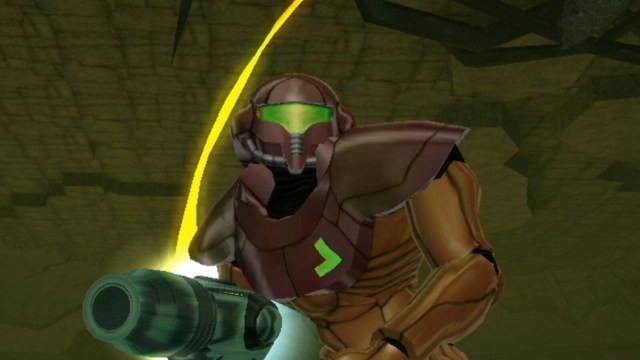
Release date: Nov. 18, 2002 (North America)
Platform: Game Cube, Wii (Trilogy)
Developer: Nintendo, Retro Studios
Released on the same day as the Fusion, the first Metroid Prime installment marked the transition of the franchise into 3D, presenting the series’ iconic gameplay in a new avatar. It also introduced an immersive first-person perspective and improved graphics.
Metroid: Zero Mission (Remake)
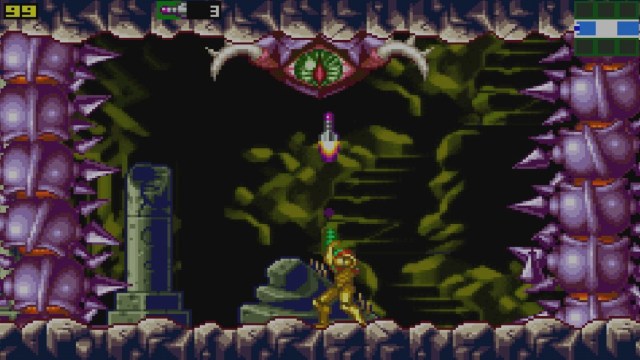
Release date: Feb. 9, 2004 (North America)
Platform: Game Boy Advance
Developer: Nintendo
Zero Mission is a remake of the original 1986 Metroid game and brings enhanced gameplay and visuals to the table.
Metroid Prime 2: Echoes (3D main entry)
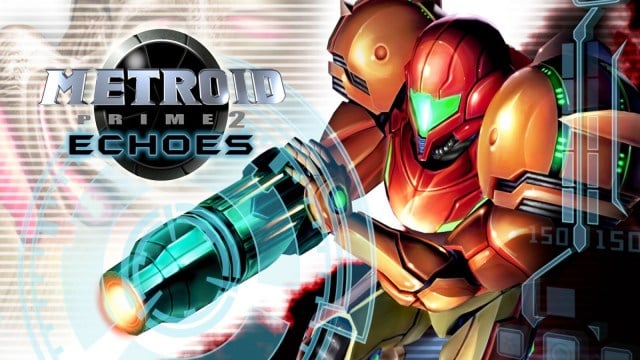
Release date: Nov. 15, 2004 (North America)
Platform: Game Cube, Wii (Trilogy)
Developer: Nintendo, Retro Studios
A sequel to the 2002 Prime title, Echoes is the first game in the franchise to include a multiplayer mode. In addition to a gripping story, Echoes features a ton of explorative elements for single-player enthusiasts as well.
Metroid Prime Pinball (Spin-off)
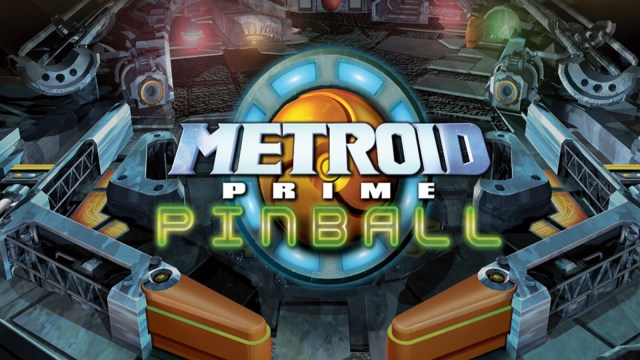
Release date: Oct. 24, 2005 (North America)
Platform: Nintendo DS
Developer: Nintendo, Fuse Games
This is a Metroid-themed pinball game, featuring a concoction of elements from Metroid Prime and the iconic ball-propelling tabletop game. Prime Pinball is independent of the main Metroid lore.
Metroid Prime Hunters (Spin-off)
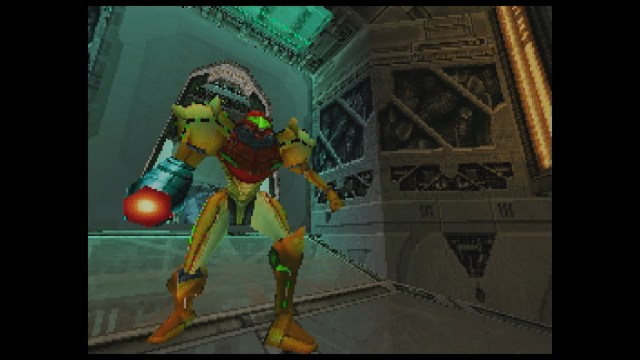
Release date: March 20, 2006 (North America)
Platform: Nintendo DS
Developer: Nintendo
Hunters’ storyline is set between the events of Metroid Prime and Echoes and offers single and multiplayer first-person shooter experiences.
Metroid Prime 3: Corruption (3D Main entry)
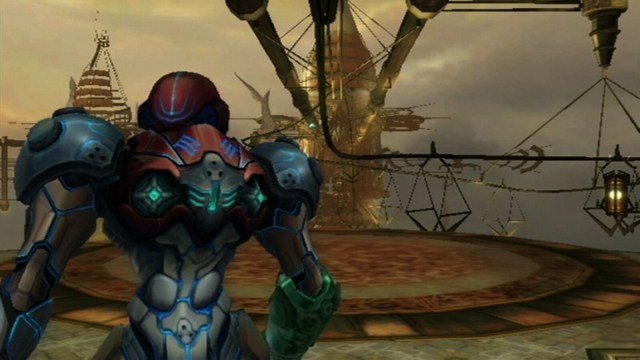
Release date: Aug. 27, 2007 (North America)
Platform: Wii
Developer: Nintendo, Retro Studios
The third and latest Prime game, Corruption’s storyline features Samus’ encounter with her look-alike Dark Samus, who attacks the protagonist with a newly developed potent organism. Like the older Prime titles, Corruption was a hit among fans.
Metroid: Other M (Main entry)
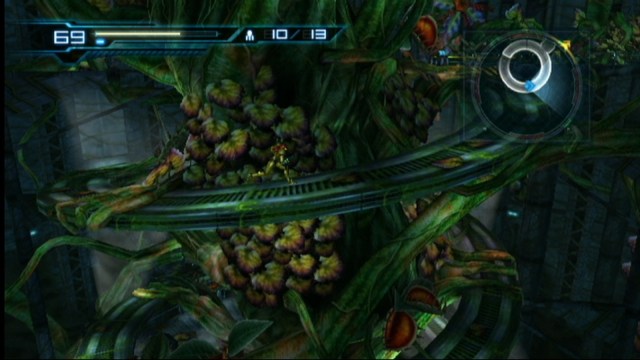
Release date: Aug. 31, 2010 (North America)
Platform: Wii
Developer: Nintendo, Team Ninja
Other M is another main entry occurring during the classic Metroid timeline. But it failed to gather the fandom’s approval like its predecessors, with players complaining about its lackluster storyline and unpredictable difficulty.
Metroid Prime: Federation Force (Spin-off)
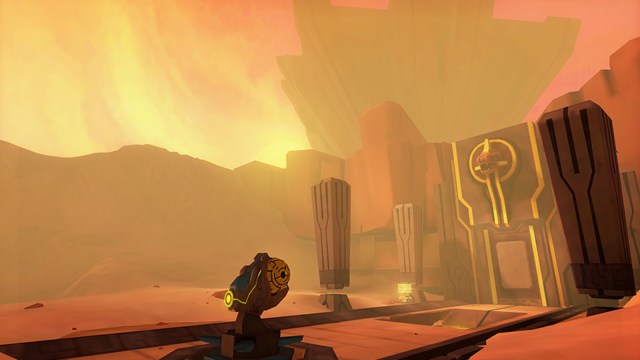
Release date: Aug. 19, 2016 (North America)
Platform: Nintendo 3DS
Developer: Nintendo, Next Level Games
Federation Force is a first-person shooter experience, offering both single and multiplayer experiences. This is the first game in the franchise where players assume the role of Marines, instead of the popular protagonist.
Metroid: Samus Returns (Remake)
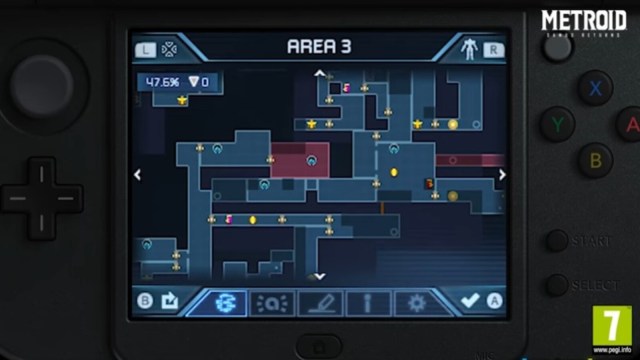
Release date: Sept. 15, 2017 (North America)
Platform: Nintendo 3DS
Developer: Nintendo, Retro Studios
Released on Nintendo 3DS, Samus Returns is a modernized remake of the 1991 title, Return of Samus.
Metroid Dread (Classic main/final entry)
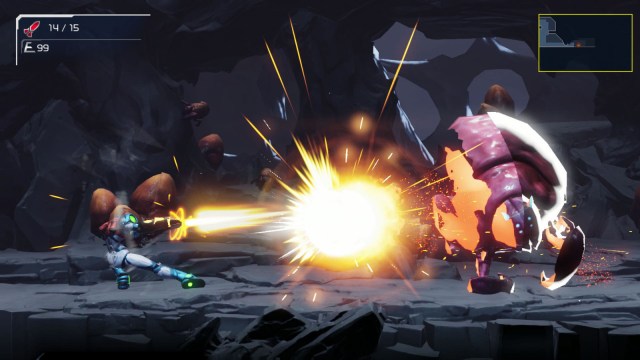
Release date: Oct. 8, 2021 (North America)
Platform: Nintendo Switch
Developer: Nintendo, MercurySteam
The first Metroid game on Nintendo Switch, Dread marks the end of the five-part classic collection, from Metroid (1986) to Metroid Fusion (2002). It received massive appreciation from the fandom for its original 2D side-scroller experience and became the best-selling Metroid game of all time (so far).
Metroid Prime Remastered (Remake)
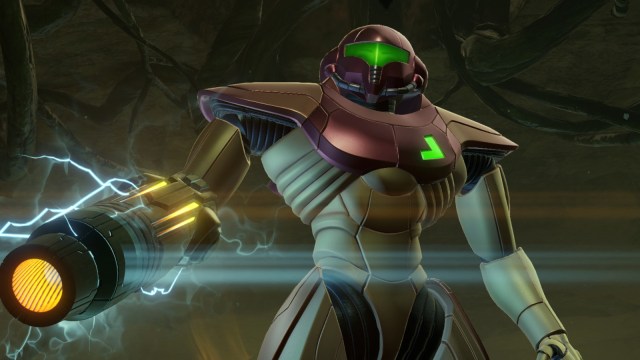
Release date: Feb. 8, 2023 (North America)
Platform: Nintendo Switch
Developer: Nintendo, Retro Studios
The latest Metroid game in the series—an intriguing remaster of the iconic Metroid Prime—has managed to capture numerous hearts with its exceptional graphical improvements, while maintaining the series’ iconic elements. Prime Remastered was a surprise 2023 drop from Nintendo, but this hasn’t limited its success on the selling charts.
Related: Metroid Prime dev expresses disappointment with one element of remaster
A fourth iteration in the Metroid Prime series is also currently in the making for the Switch platform, but Nintendo is yet to announce its release date.
While the Metroid series offers a gripping lore that interconnects all its main entries together, players will not lose out on much if they don’t take the ordered approach. If you intend to experience the franchise’s best lore-wise, however, take a look at our suggested order below:
- Metroid/Metroid: Zero Mission
- Metroid Prime
- Metroid Prime 2: Echoes
- Metroid Prime 3: Corruption
- Metroid II: Return of Samus/Metroid: Samus Returns
- Super Metroid
- Metroid: Other M
- Metroid Fusion
- Metroid Dread
How to play the Metroid games in 2023?
If you don’t own an older Nintendo console like 3DS or Wii, fret not—four iconic Metroid experiences, including the 1986 Metroid, as well as two modern Metroid titles are available on the Nintendo Switch.
Metroid, Metroid II, and Super Metroid can be accessed through the basic Nintendo Switch subscription ($19.99 annual fee). For Metroid Fusion, players are required to purchase the Nintendo Switch Online + Expansion Pack ($49.99 annual fee). Both Metroid Dread and Metroid Prime Remastered are available on Nintendo Switch directly.


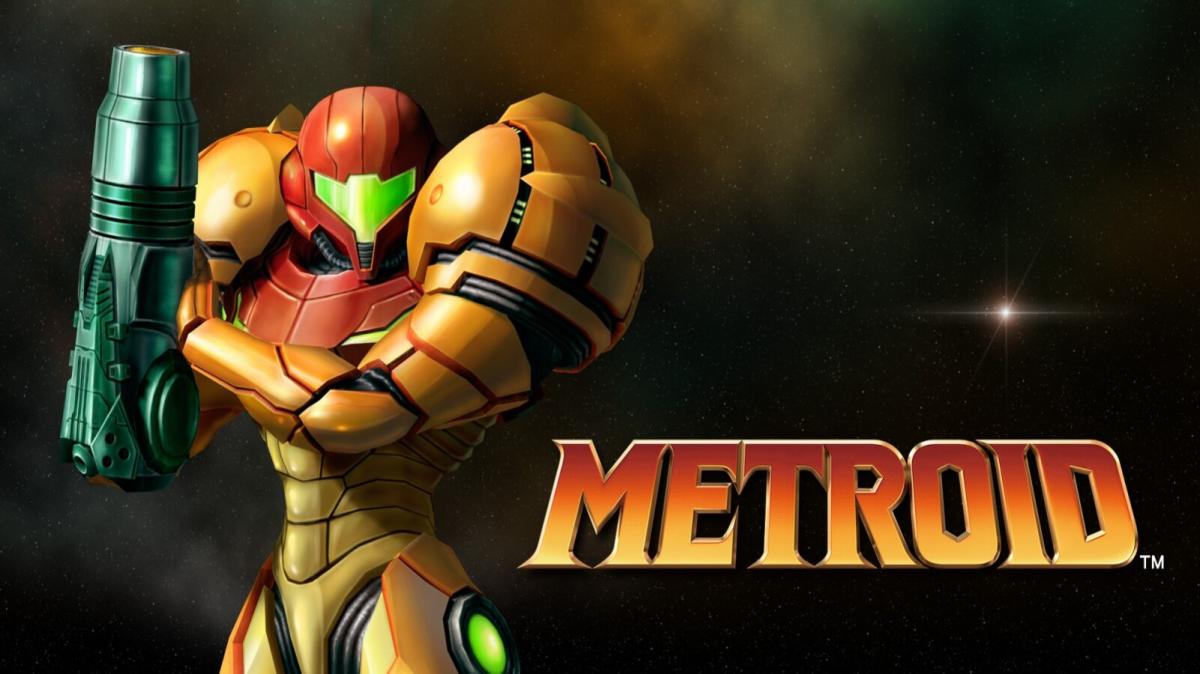
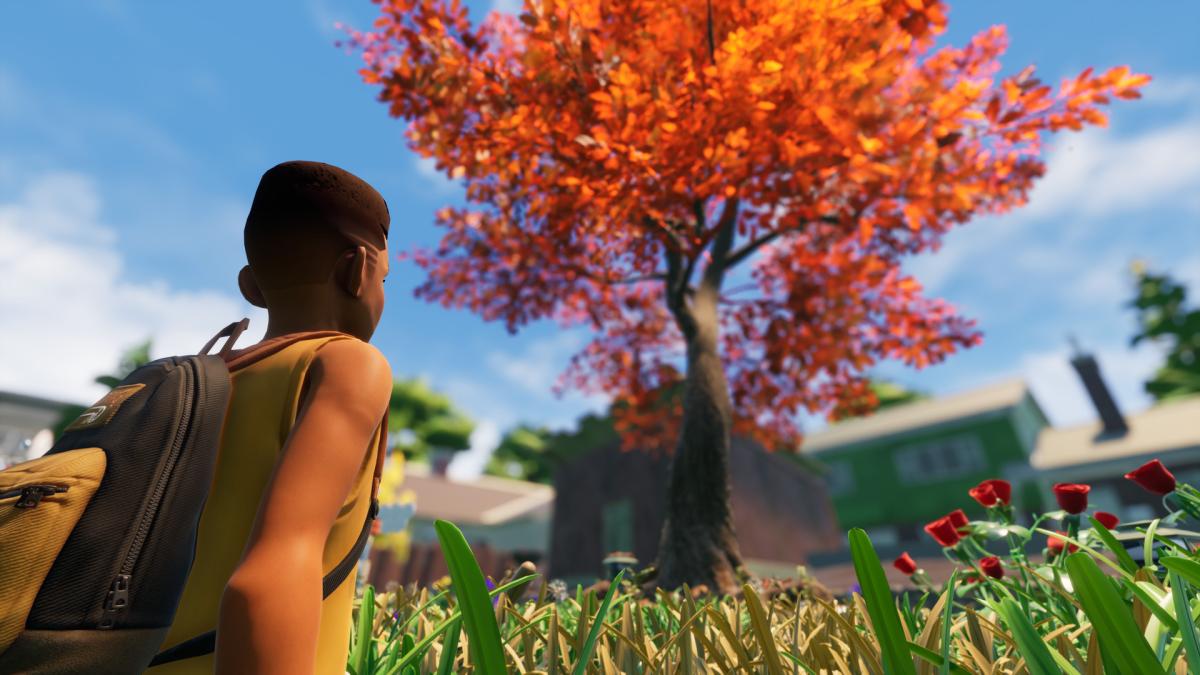
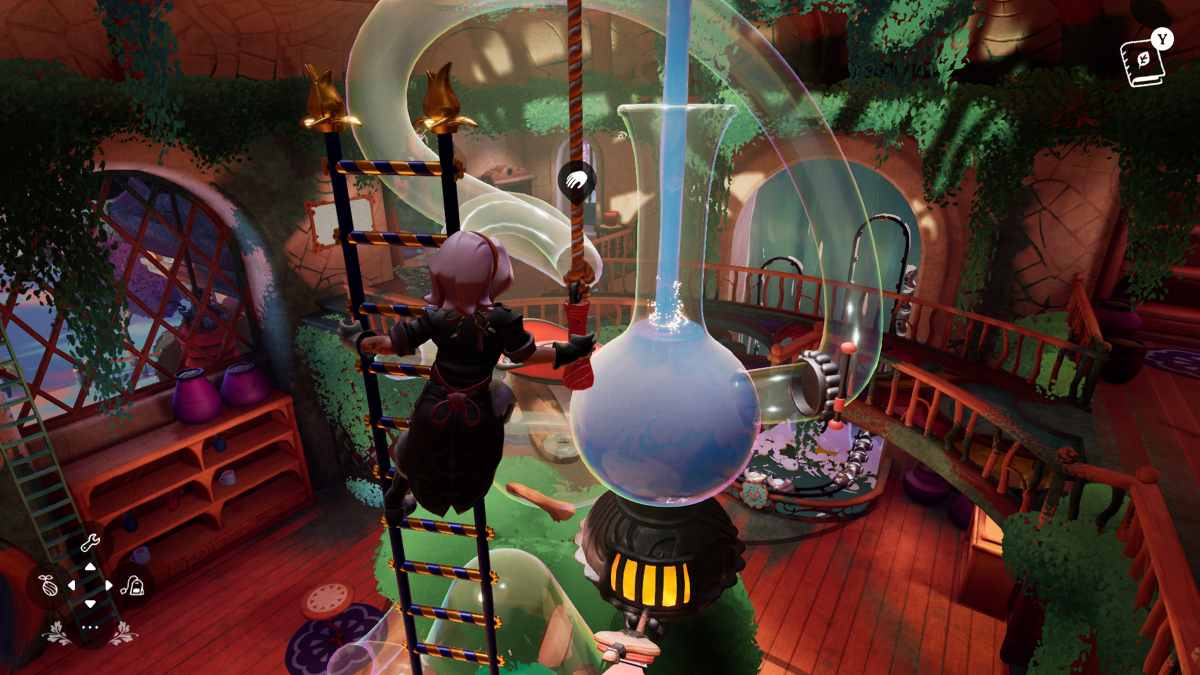

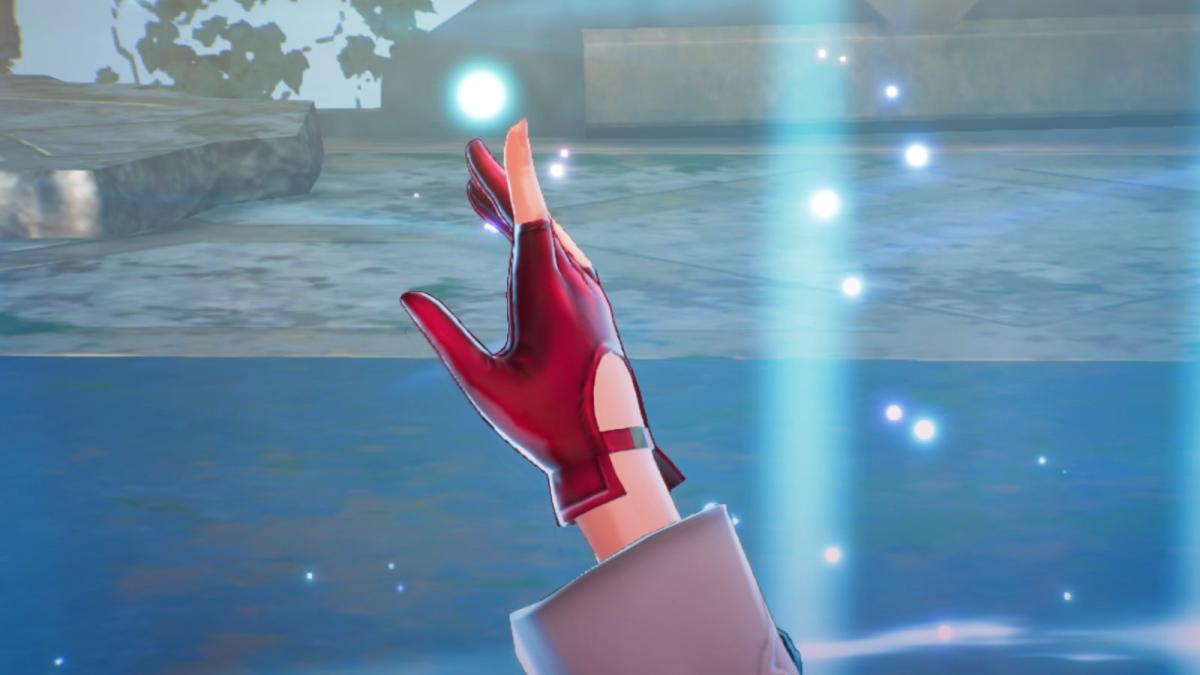



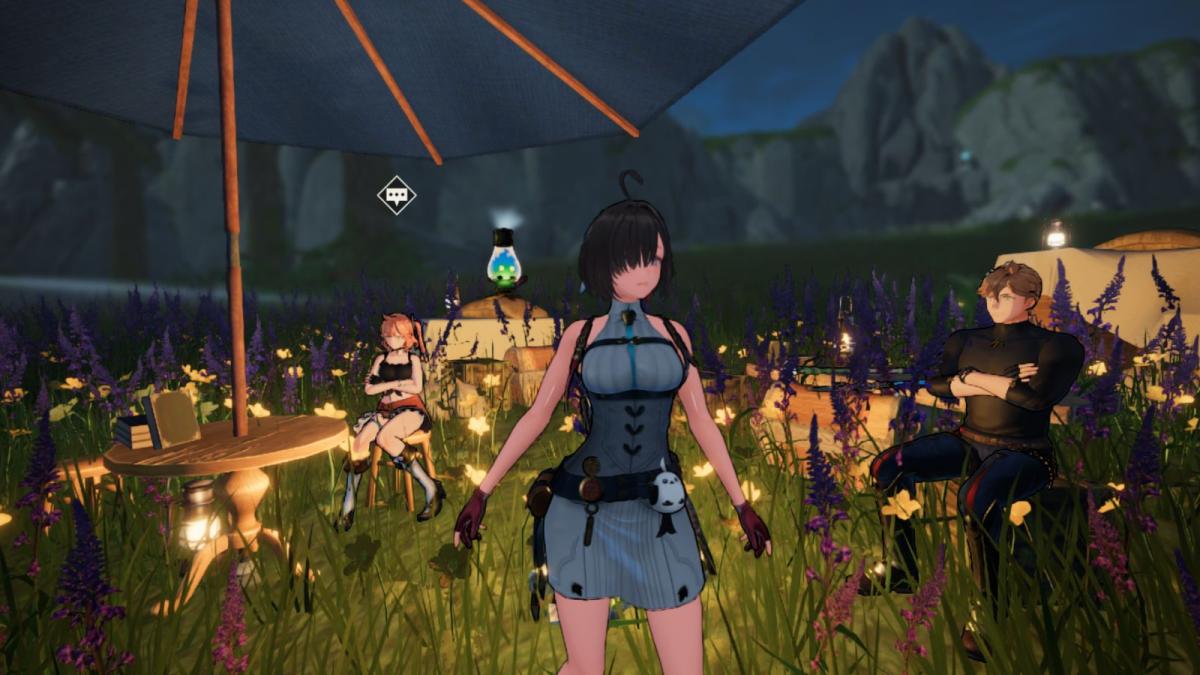
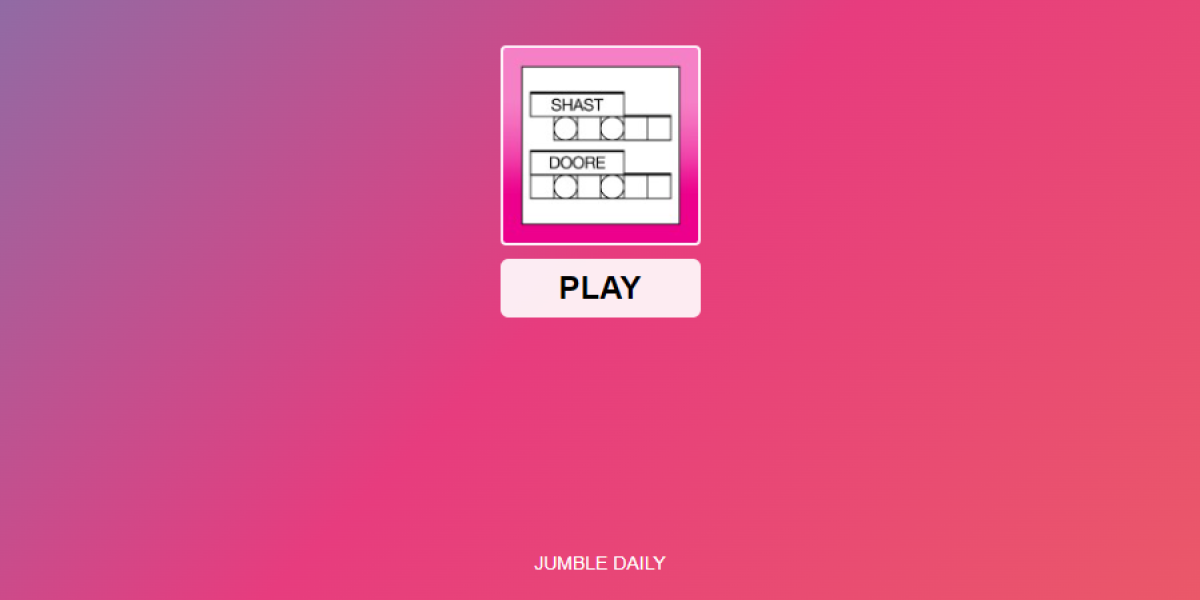
Published: Apr 21, 2023 01:45 am